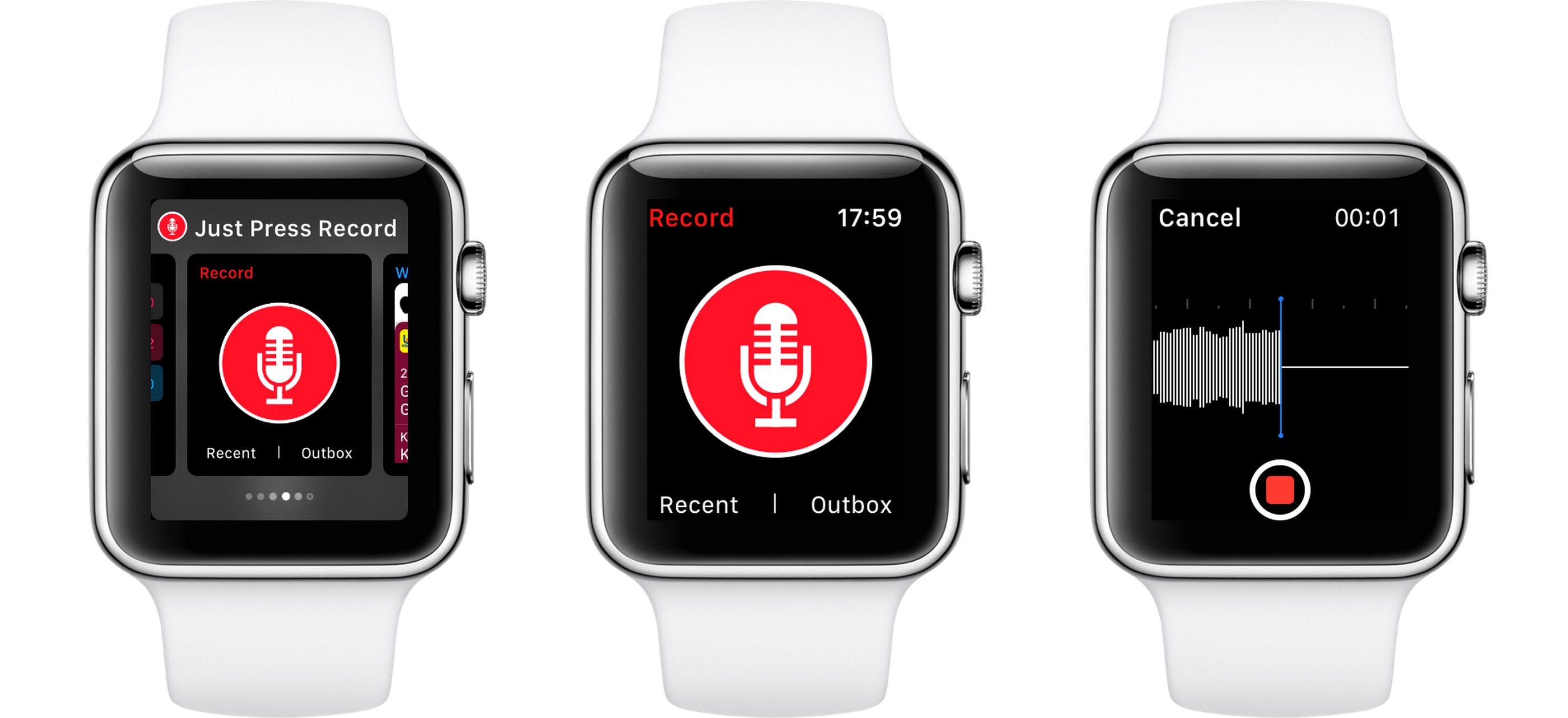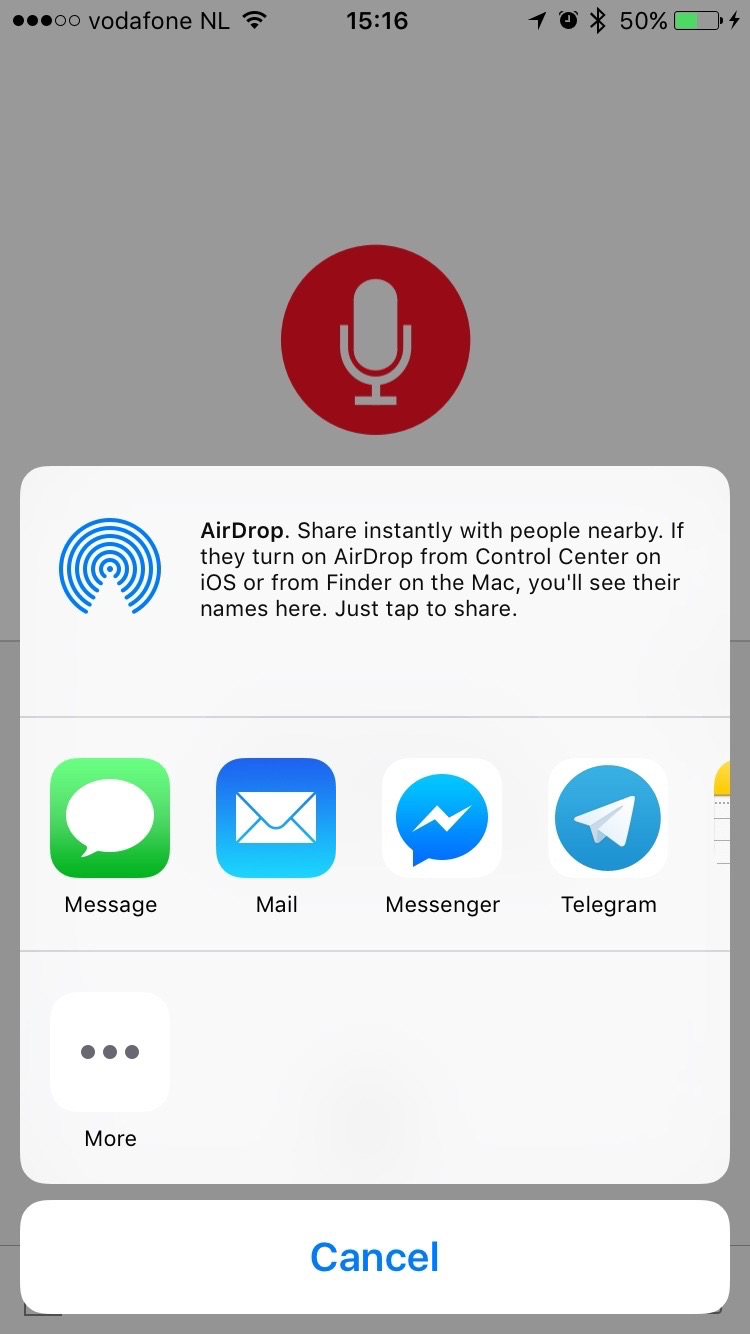

Select the white or red circle again to stop recording.Short press for just video, longer press for audio and video. Select it to begin a 3 second countdown.Select your new Screen Recording icon.Open Control Center with a swipe up from the Home screen.There is a Federal law which prohibits the taking of a recording of a public performance (a concert, a play, a musical – whatever) without the explicit permission of the performers, and in many cases, of the owners of the venue. Can you take out your phone and record the show? Yes and no, but mostly no. So you’re at the Phish concert and you are really digging the music. You cannot interfere with an arrest, trespass, ignore legitimate police orders intended to control a riot or other civil disturbance, or violate the private rights of any other person. It is crucial to note that this First Amendment right to record does NOT carry over into a right to interfere with the duties of the police, or to otherwise violate applicable laws. It is probable that the decisions already reached by four of the nation’s circuit courts would be persuasive in a similar case in an untested state, but that is not guaranteed. In other states and territories, the right to record government officials has not yet gone to the Federal judiciary for judgment. They also cover the US territories of the Northern Marianas Islands, Puerto Rico and Guam. Those courts cover the states of Alabama, Alaska, Arizona, California, Florida, Georgia, Hawaii, Idaho, Illinois, Indiana, Maine, Massachusetts, Montana, Nevada, New Hampshire, Rhode Island, Washington, and Wisconsin. Four Federal circuit courts (First, Seventh, Ninth, and Eleventh) have explicitly found that there is a First Amendment right to record public officials in the course of their job. How about recording a police stop, or the conduct of public officials doing official business? Are you allowed to record it, and do you have to inform them of the recording? In general, yes you can record, and no you do not have to inform. Recording the Police or Other Public Officials In most states, advising of the recording is sufficient only a few places require that everyone involved actually explicitly consent to being recorded. Since that’s an almost impossibly vague rule, you should consider Hawaii a two-party state. In addition, Hawaii is usually a one-party state, but is a two-party state if the recording device is to be located in a private place. There are 11 states in which all parties must be informed of a recording – California, Connecticut, Florida, Illinois, Maryland, Massachusetts, Montana, New Hampshire, Pennsylvania and Washington. That’s why the customer-service helpline always informs you that “calls may be recorded or monitored” – so that no matter what the legal regime is in your state, they are covered. In other states, recording is legal only if all parties in the conversation are informed that they are being recorded. This counts even if that person is the one making the recording. In some states (called one-party states) such a recording is legal if anyone in the conversation knows that it’s being recorded. Some of the law on this subject is fairly well-settled for example, can you legally record phone conversations or in-person conversations. We can explain some basic concepts, however. TechJunkie is not a legal advice site and cannot give you advice as to the specific legality of a particular act.

Other circumstances are considerably less clear. It is generally legal to record the outside of your home without providing any notification, for example it’s your private property, people coming up to your home are out in public, and they have no reasonable expectation of privacy in that circumstance. Much depends on the location, the purpose of the recording, and the amount of privacy that reasonable people can expect in certain circumstances. The legality and morality of such recording can be clear-cut, but it can also be murky. There are any number of reasons you might want to record something without the subjects of the recording knowing about it maybe you want to take nannycam video of your child care provider to make sure they aren’t doing anything wrong when you’re not around, or maybe you want to have a video record of everyone who comes up to the front door of your house. When you want to record secretly, things get a little trickier. Recording With Your iPhone Screen Turned Off.Recording the Police or Other Public Officials.


 0 kommentar(er)
0 kommentar(er)
